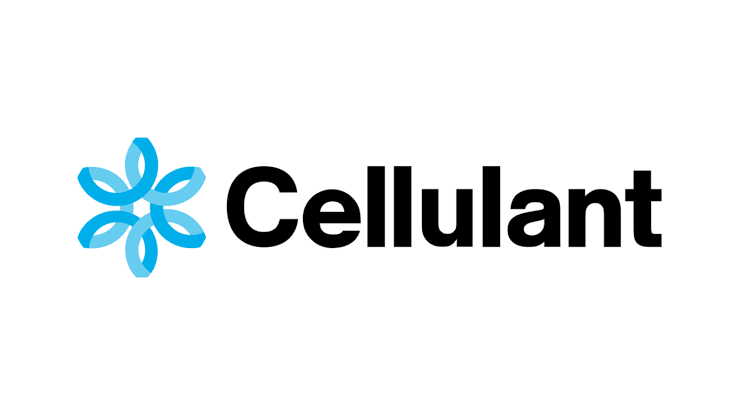Physical Address
60 Ekwema Cres, Layout 460281, Imo
Physical Address
60 Ekwema Cres, Layout 460281, Imo

African payments giant Cellulant has withdrawn from the Nigerian mobile money sector, which represents a major development in the country’s financial ecosystem.
This action was prompted by the Central Bank of Nigeria (CBN) revoking Cellulant’s mobile money license.

Cellulant is a leading player in the African fintech scene and it has built itself as a crucial enabler of digital payments for businesses all over the continent.
In Nigeria, the company provided mobile money services allowing users to deposit, withdraw, and transfer funds through their mobile phones.
Nevertheless, their journey in the Nigerian mobile money market is over.
The CBN’s decision to revoke Cellulant’s license remains a matter of debate.
According to Cellulant, there were no infractions or breaches of regulations mentioned by the regulator as a cause of revocation.
Instead, Cellulant indicates that the long processing time by the CBN was part of it.
“Cellulant requested the license revocation occasioned by the time it took them to conclude the process,” a Cellulant spokesperson stated.
This development raises questions about mobile money’s future in Nigeria.
Mobile money has been identified as a key tool for financial inclusion especially among those who are unbanked.
It provides an easy and accessible means to manage finances, promoting economic activities at the grassroots level.
Read More: Exclusive: A Closer Look into the Top 10 Biggest Fintech Companies in Africa 2024
The withdrawal of Cellulant from Nigeria’s mobile money market may result in an unmet need.
The company’s services targeted a large portion of the population, and its absence could mean some users looking for alternative mobile money platforms.
However, the Nigerian mobile money landscape has its own set of old players.
Indigenous telecommunication operators such as MTN and Airtel provide mobile money services through their own platforms.
These established players might be well placed to absorb the customer base which was left by Cellulant.
The role of CBN in regulating the mobile money sector is very important.
It is essential to strike a balance between encouraging innovation and ensuring financial stability.
The regulator’s decision to revoke Cellulant’s license, albeit shrouded in some ambiguity, underscores CBN’s commitment to controlling the financial ecosystem.
It will be an interesting experience watching how the CBN plays out in navigating the mobile money space.
Will they fast track licensing for new entrants or give precedence to tighter regulations?
The departure of Cellulant from the Nigerian mobile money market signifies a turning point.
It highlights the changing landscape within the Nigerian financial sector and the CBN’s influence on its course.
It is yet to be determined if this development will lead to more competition or tighter regulations.
But one thing is certain: The future of mobile money in Nigeria will be molded by the continuous dialogue between industry players and regulatory authorities.